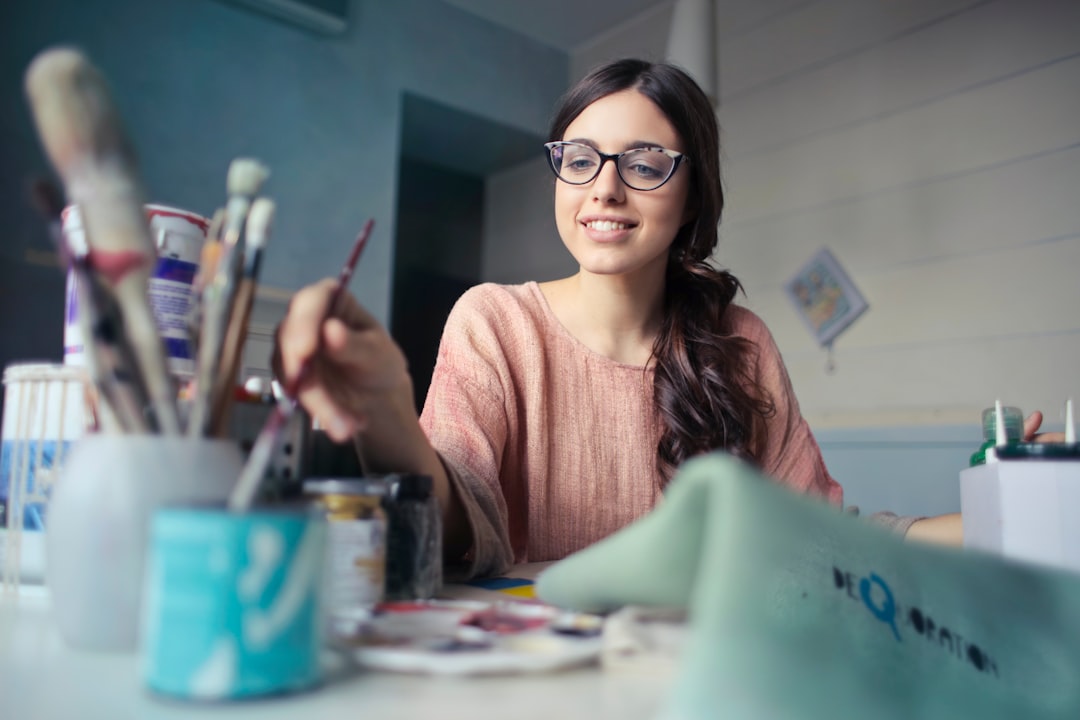Artist Kaitoi
Artists turn creative ideas into works of art using media such as paint, digital resources, fabric and feathers, clay, stone and wood.
Artists may do some or all of the following:
- research designs for artwork
- discuss clients' requirements (if working on a commission piece)
- choose methods and materials such as paint, canvas, wood or stone
- produce drawings, prints, paintings, sculptures, carvings or other art forms
- display artworks for show and sale
- liaise with clients, gallery owners and patrons
- arrange exhibition space and advertising for shows
- promote artwork on social media.
Useful Experience
Useful experience for artists includes:
- design work or art courses
- work as an art gallery assistant
- work on community projects such as mural painting
- work in an art supply shop
- marketing or sales.
Personal Qualities
Artists need to be:
- creative and imaginative
- observant, with an eye for detail
- patient, motivated and disciplined
- confident and able to accept criticism
- good communicators and networkers
- good at managing their time.
Skills
Artists need to have:
- good general knowledge of art history, with specific knowledge of the art form they specialise in
- skill working in their chosen medium or across a range of media
- knowledge of how to maintain and care for their equipment
- knowledge of how to market themselves and their work, and other small business skills.
Conditions
Artists:
- work irregular hours and may work long hours when meeting deadlines
- work in art studios or workshops, which may be in their own homes
- may travel locally or internationally to promote their work.
Subject Recommendations
There are no specific secondary education requirements to become an artist. However, art, art history, design (practical art), graphics, photography, English and maths are useful.
A tertiary entrance qualification is required to enter further training. However, you may be able to get special entry into a programme without the usual qualifications if you have a portfolio showing the quality of your work.
With further training, artists may progress to other jobs such as animator/digital artist, graphic designer or set designer.
Artists may specialise in:
- carving
- craft work
- painting
- performance art
- pottery or ceramics
- textiles
- sculpting
- weaving.
Years Of Training
There are no specific training requirements to become an artist. However, you need to have a good level of artistic ability in your chosen field of art.
A well-presented portfolio that shows a range of your work is useful. Some galleries prefer to show work from artists who have or are working towards an art qualification.

 Ashburton College
Ashburton College